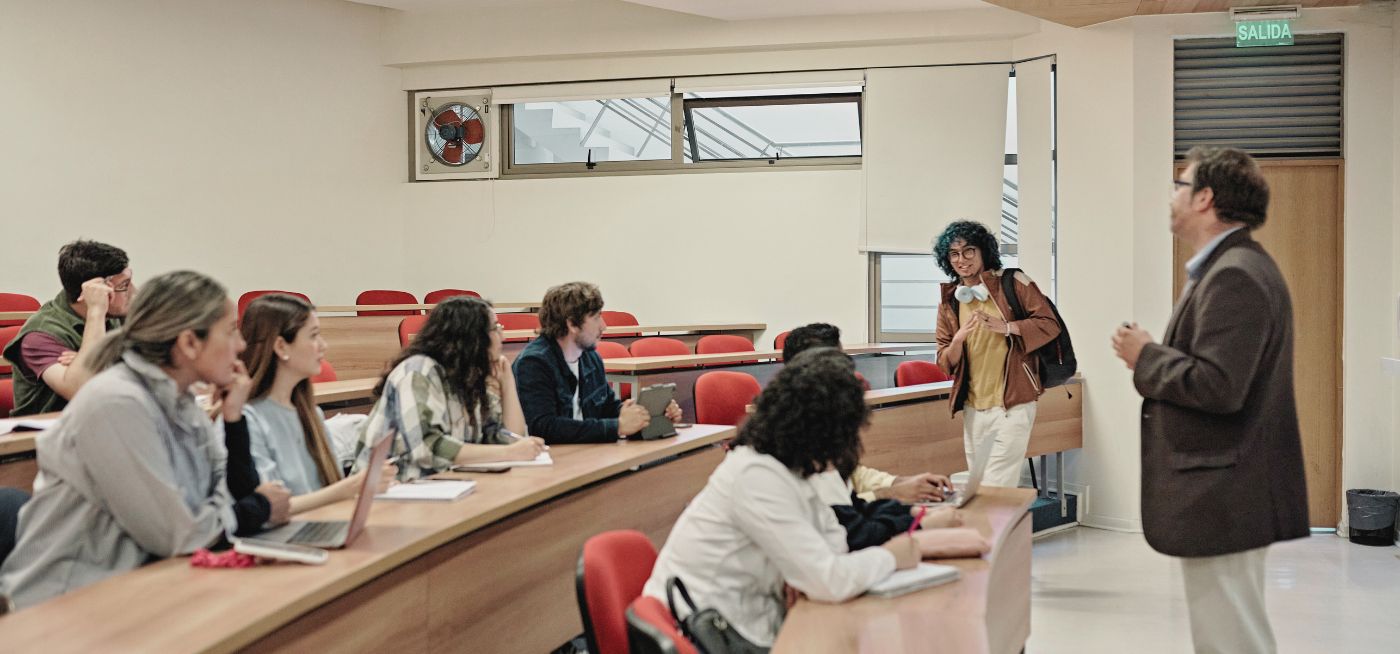

The Importance of Lifelong Learning in the Modern Workforce
In today’s competitive job market, having a formal degree can significantly enhance your career prospects.
Many professionals already possess a wealth of experience and skills acquired through years of work. APEL.Q (Accreditation of Prior Experiential Learning for Qualifications) offers a structured way to convert this professional experience into formal academic qualifications. Here’s how to leverage your professional experience for formal degrees with APEL.Q.
Adapting to Technological Advancements
Technological advancements are transforming every industry, from healthcare to finance to manufacturing. New tools, platforms, and systems are introduced regularly, requiring workers to update their skills to stay relevant. Lifelong learning allows individuals to keep pace with these changes, ensuring they can effectively use new technologies and methodologies in their roles. By staying current, employees can maintain their productivity and competitiveness in the job market.
Enhancing Employability and Career Growth
The job market is increasingly competitive, and employers are looking for candidates who demonstrate a commitment to personal and professional development. Lifelong learning enhances employability by showcasing an individual’s dedication to continuous improvement. It opens up opportunities for career advancement, as employees who actively pursue learning are often considered for promotions and leadership roles. Moreover, lifelong learners are better equipped to pivot to new career paths if needed, as they possess a diverse skill set.
Fostering Innovation and Creativity
Lifelong learning stimulates the mind and encourages innovative thinking. When individuals engage in continuous learning, they expose themselves to new ideas, perspectives, and problem-solving techniques. This fosters creativity and the ability to approach challenges with fresh, innovative solutions. In the workplace, this mindset can lead to improved processes, products, and services, driving the organization’s success.
Supporting Personal Fulfillment and Well-being
Learning is not only about professional development; it also contributes to personal fulfillment and well-being. Engaging in new learning experiences can boost self-confidence, provide a sense of accomplishment, and reduce stress. Lifelong learning can also keep the mind active and sharp, promoting cognitive health. For many, the pursuit of knowledge is a lifelong passion that enriches their personal lives and enhances their overall happiness.
Building a Resilient Workforce
A workforce that embraces lifelong learning is more resilient and adaptable to change. Organizations that promote continuous learning create an environment where employees are prepared to face industry disruptions and economic shifts. These employees can quickly learn and implement new strategies, keeping the organization agile and competitive. A culture of lifelong learning also helps retain talent, as employees feel valued and supported in their professional growth.

Encouraging Collaborative Learning
Lifelong learning fosters a culture of collaboration and knowledge sharing within organizations. When employees are encouraged to learn and grow, they are more likely to share their insights and skills with colleagues. This collaborative learning environment enhances teamwork, improves communication, and builds a stronger, more cohesive workforce. It also promotes mentorship, where experienced employees guide and support others in their learning journeys.
Leveraging Online Learning Platforms
The rise of online learning platforms has made lifelong learning more accessible than ever. Employees can now take advantage of a wide range of courses, webinars, and workshops from the comfort of their homes or offices. These platforms offer flexibility, allowing individuals to learn at their own pace and on their own schedule. Employers can support lifelong learning by providing access to online courses and encouraging employees to pursue relevant certifications and training.

Conclusion
Lifelong learning is a vital component of the modern workforce, driving personal and professional development, fostering innovation, and building resilience. As industries continue to evolve, the ability to continuously learn and adapt will remain essential. Both employees and employers benefit from a commitment to lifelong learning, leading to a more skilled, innovative, and fulfilled workforce.
![SmartUni [The Voice of SIMI Swiss]](https://smartuni.ch/wp-content/uploads/2024/07/Smart-Uni-Logo_800-2.png)









Leave a Reply